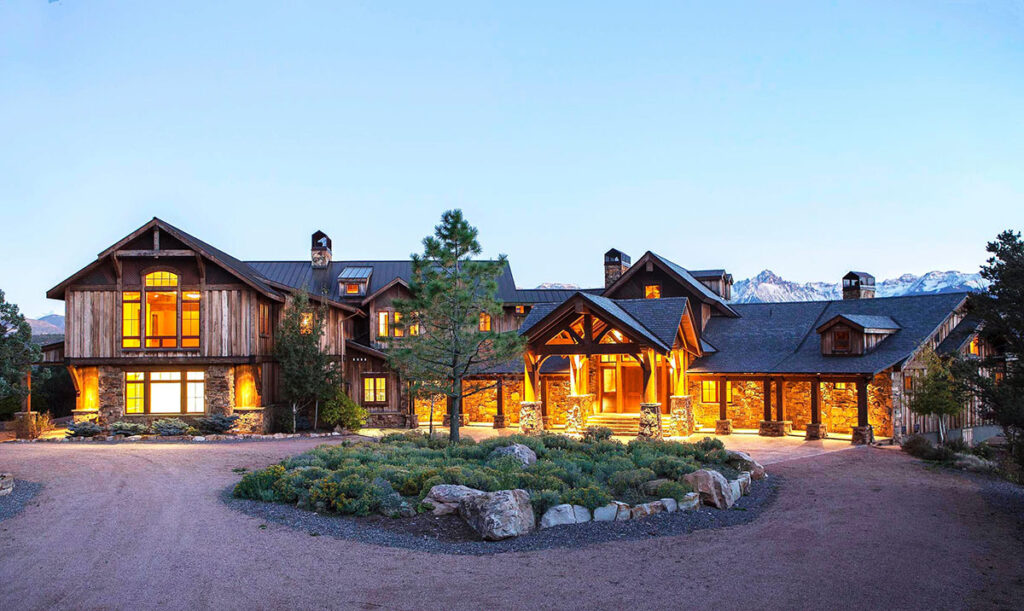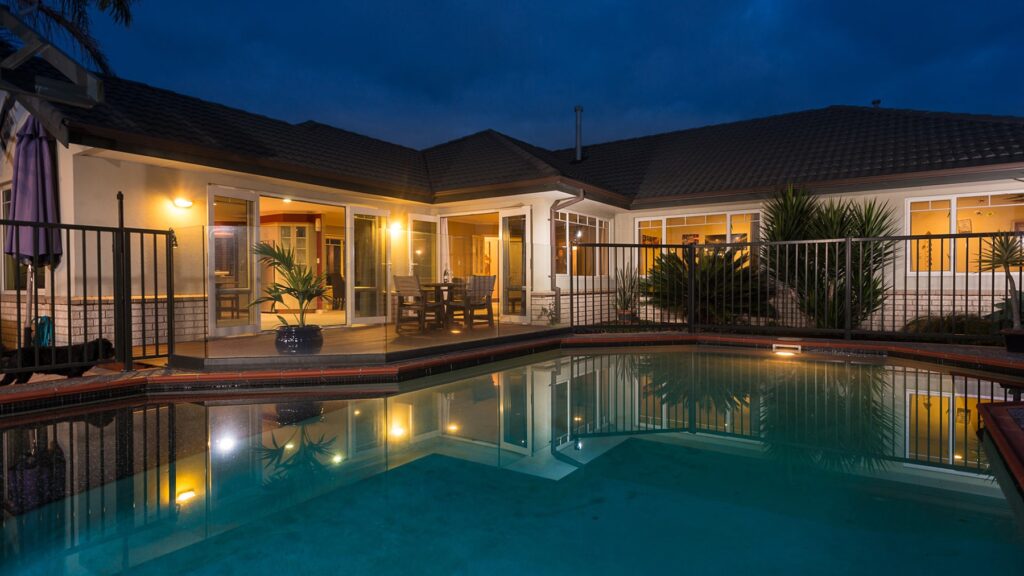In an era where environmental consciousness is on the rise, sustainability has become a significant factor influencing real estate trends. As we embark on the year 2023, the importance of eco-friendly practices in the real estate industry cannot be overstated. This blog post delves into the hottest sustainable living trends that are shaping the real estate landscape. From green building certifications and energy-efficient designs to renewable energy integration and eco-conscious communities, discover how real estate is embracing sustainability for a greener and more sustainable future.
- Green Building Certifications: Green building certifications, such as LEED (Leadership in Energy and Environmental Design) and BREEAM (Building Research Establishment Environmental Assessment Method), are gaining immense popularity in the real estate industry. These certifications evaluate a building’s environmental impact, considering factors such as energy efficiency, water usage, materials, indoor air quality, and sustainable site development. Real estate developers are increasingly incorporating sustainable practices and design principles to attain these certifications, ensuring that their properties are eco-friendly and aligned with global sustainability standards.
- Energy-Efficient Designs: Energy efficiency is a cornerstone of sustainable living, and real estate developers are prioritizing energy-efficient designs in their projects. Buildings are being designed with features such as proper insulation, energy-efficient appliances, LED lighting, and smart HVAC (Heating, Ventilation, and Air Conditioning) systems. Additionally, innovative design techniques, such as passive solar design and natural ventilation, are being employed to reduce energy consumption and promote a comfortable living environment. Energy-efficient designs not only reduce carbon footprints but also result in long-term cost savings for homeowners.
- Renewable Energy Integration: Renewable energy sources, such as solar and wind power, are being integrated into real estate developments to meet the increasing demand for clean energy. Solar panels are being installed on rooftops to generate electricity, reducing reliance on traditional energy sources. Energy storage solutions, such as batteries, are also being incorporated to store excess energy for use during peak demand periods. By harnessing renewable energy, real estate projects are reducing greenhouse gas emissions and promoting sustainable energy practices.
- Eco-Conscious Communities: Sustainable living extends beyond individual properties to the development of eco-conscious communities. Real estate developers are creating communities that prioritize green spaces, pedestrian-friendly designs, and sustainable transportation options. Urban gardens, rooftop farms, and community recycling programs are becoming common features in these developments. Additionally, amenities such as electric vehicle charging stations and bike-sharing programs encourage environmentally friendly modes of transportation. These eco-conscious communities foster a sense of environmental responsibility and provide residents with a sustainable and healthy living environment.
- Water Conservation Initiatives: Water conservation is a critical aspect of sustainable living, and real estate developers are implementing innovative solutions to reduce water consumption. Low-flow fixtures, dual-flush toilets, and rainwater harvesting systems are being incorporated into building designs. Landscaping practices that promote water-efficient irrigation and native plant species are also gaining traction. By adopting water conservation initiatives, real estate projects minimize water waste and contribute to the preservation of this valuable resource.
Conclusion: Sustainable living is a prevailing trend that continues to shape the real estate industry in 2023. Green building certifications, energy-efficient designs, renewable energy integration, eco-conscious communities, and water conservation initiatives are at the forefront of sustainable real estate practices. Embracing these trends not only benefits the environment but also enhances the quality of life for homeowners and creates long-term cost savings. As sustainability takes center stage, real estate professionals and homeowners alike have a unique opportunity to contribute to a greener future while enjoying the benefits of sustainable living. Let us join hands in building a more sustainable world, one eco-friendly property at a time.



